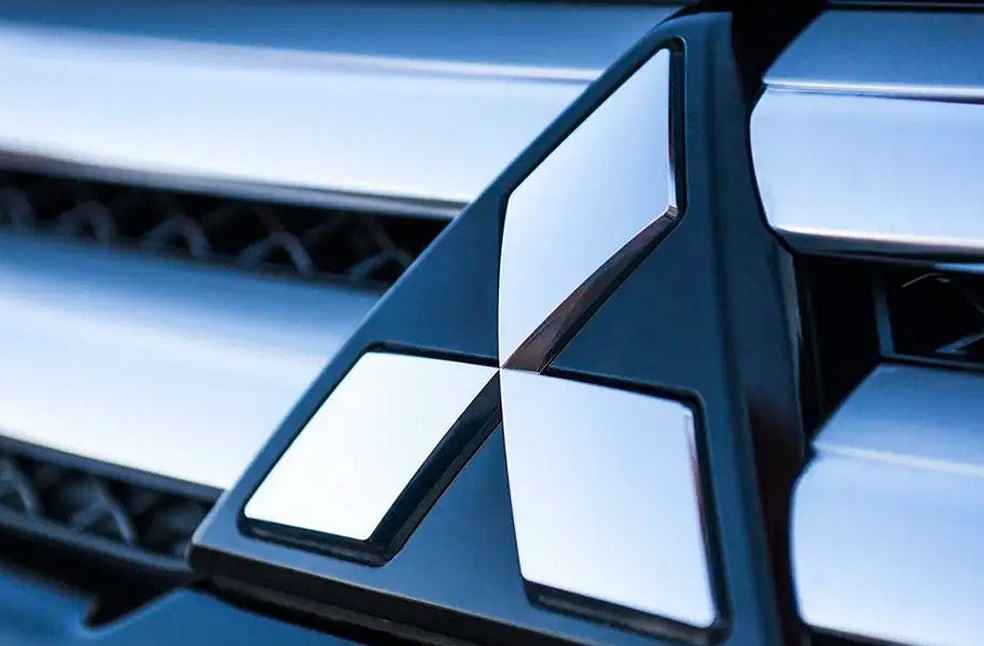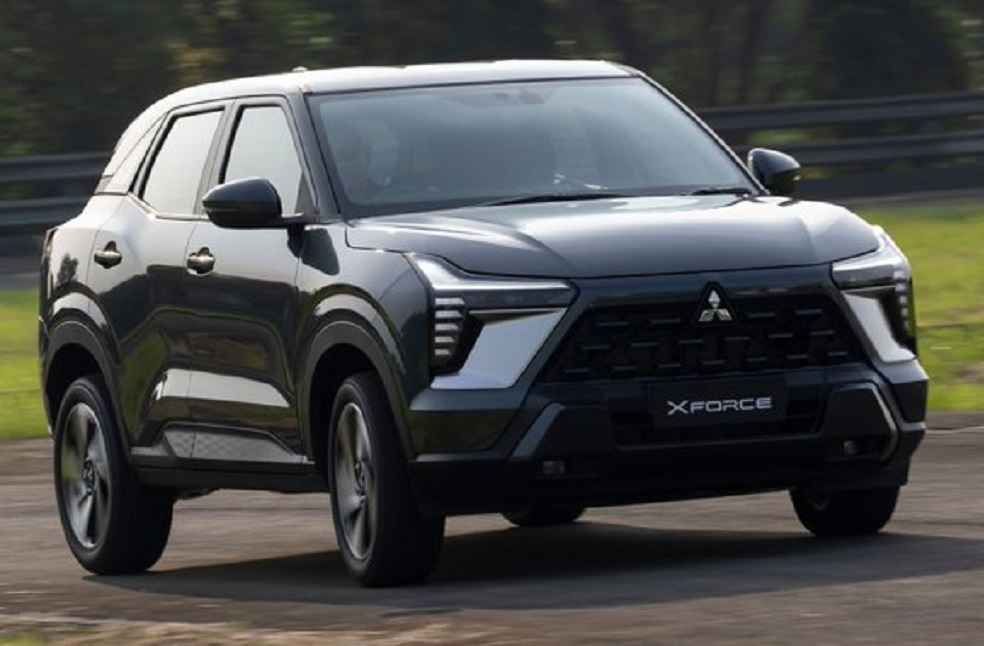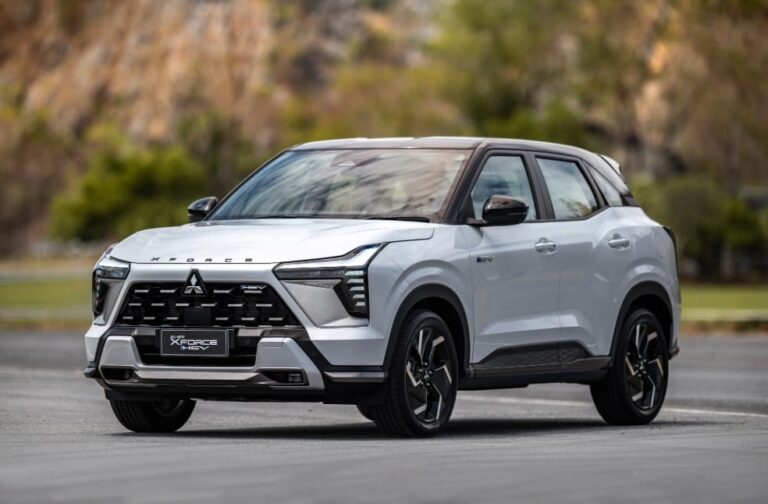Mitsubishi Motors has raised the average price of its U.S. vehicles by 2.1%, with the increase taking effect on Wednesday. The Japanese automaker is the latest to pass rising costs on to consumers, a move widely attributed to the Trump administration’s 25% tariffs on imported vehicles.
A spokesperson for Mitsubishi Motors North America told CarBuzz that the company routinely evaluates its vehicle pricing to stay aligned with segment standards and evolving market conditions. This approach guides pricing decisions for models such as the Outlander PHEV.
Following the enforcement of tariffs in April, Mitsubishi halted vehicle shipments from U.S. ports to dealerships, taking a cautious stance while awaiting clearer guidance or a potential resolution. However, with deliveries resuming last week, the automaker may no longer expect a quick end to the trade dispute.

Mitsubishi’s latest pricing has led to higher vehicle costs. The company announced that starting June 18, the updated manufacturer’s suggested retail prices (MSRP) will apply to select 2025 models. Although tariffs weren’t explicitly mentioned, the price hike appears to reflect Mitsubishi’s view that its vehicles were underpriced compared to rivals, many of which have recently raised prices in response to tariff-related cost pressures.
Some models are undergoing its second price increase this year. Both the Eclipse Cross and the 2025 Outlander, which received a refresh, had earlier pricing updates declared after January 1. These latest increases do not apply to vehicles already available at dealerships.

Mitsubishi has recorded solid sales growth this year, reporting an 11% increase in the first quarter compared to the same period in 2024. The Outlander PHEV recorded its strongest retail sales month ever in March. In May, the company also began exploring a potential return to U.S. manufacturing through a partnership with Nissan. If the plan advances, it would mark Mitsubishi’s first American production effort since closing its only Illinois plant in 2015.
GENERAL | Ford Halts Mustang Mach-E Deliveries Over Software Flaw





